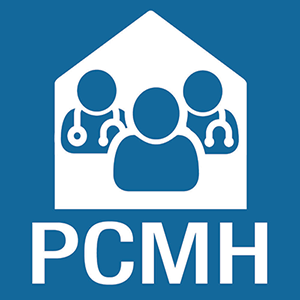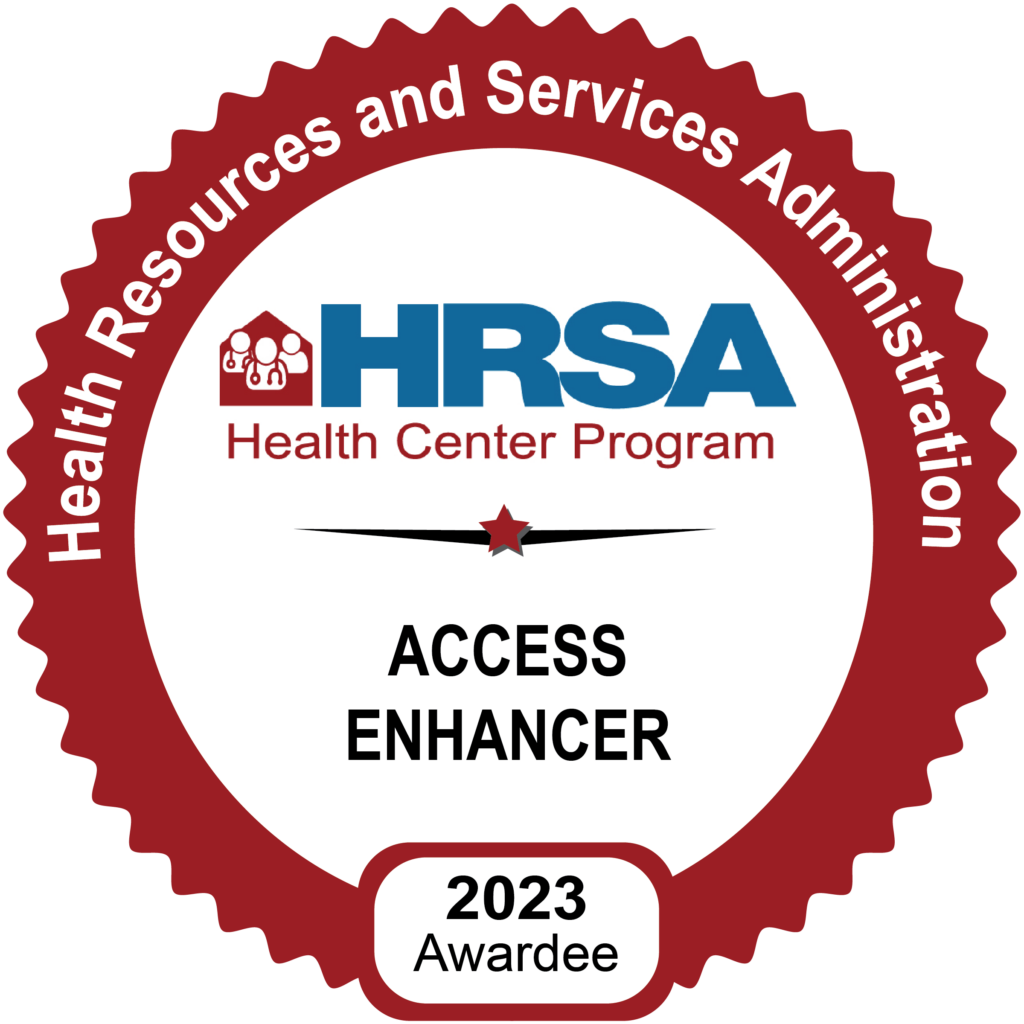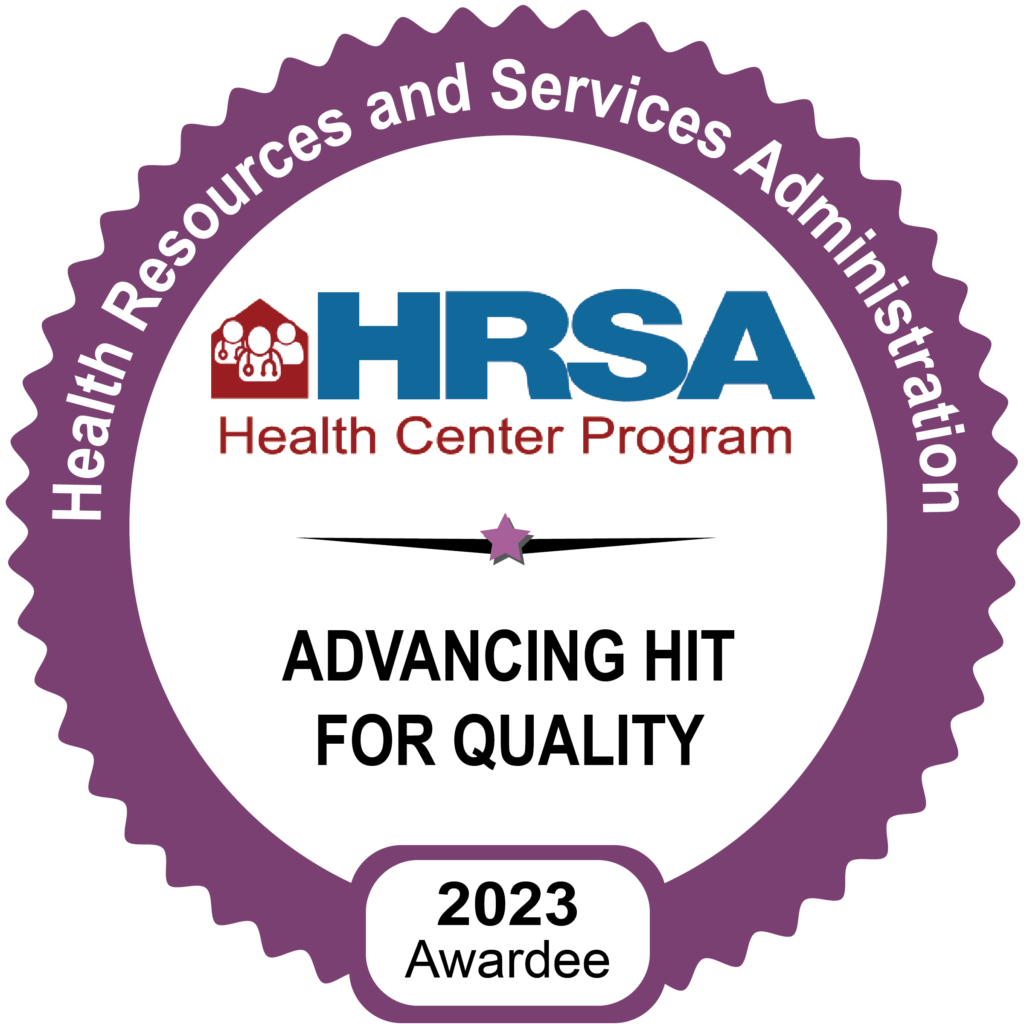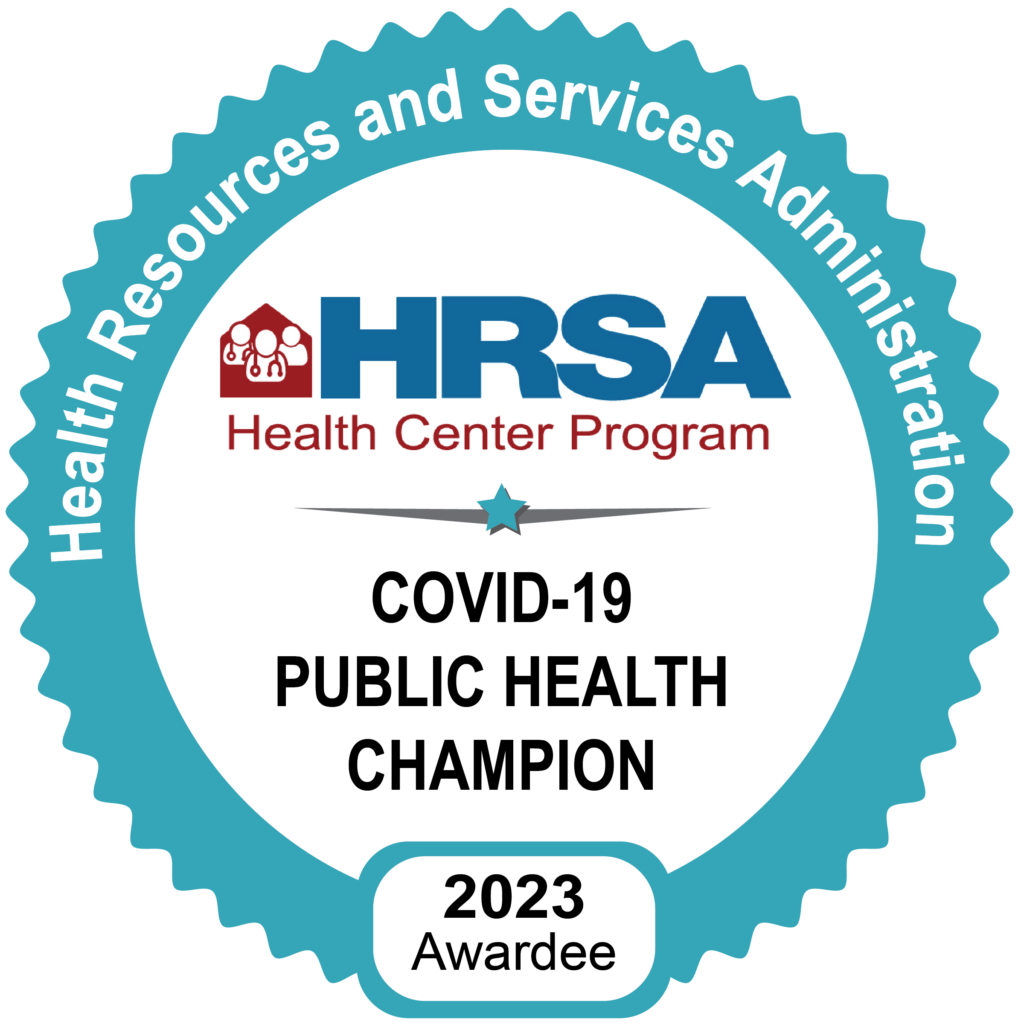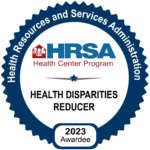In Wellesley, wealthy donors have contributed $200,000 so students and teachers can be tested for the coronavirus each week in the comfort of their homes — with results returned from a New York lab in less than two days.
Miles away in Dorchester, people must stand in line. It’s first come, first served at DotHouse Health center for anyone who wants a free test. But the wait is typically two or three hours, and results often take more than three days.
Nine months into the pandemic, the landscape for COVID-19 testing has shifted dramatically, but it continues to lay bare stark inequities.
Back in March, it seemed only those with power or prestige had access to timely tests. Today across Massachusetts, there are at least 350 public testing sites, but they have a dizzying array of rules about price, hours, and whether an appointment is required.
For many residents without COVID symptoms, who don’t have access to free testing, the $80 to $160 price per test is out of reach. And wait times at many state-run and community health centers, both for securing an appointment and for results, are stretching ever longer — often well past the period a person is most infectious — as cases surge.
“Solving the equity problem also solves the COVID problem,” said Sam Scarpino, an assistant professor of network science who heads Northeastern University’s Emergent Epidemics Lab. “If we had nearly ubiquitous, free, asymptomatic testing that came back in 36 hours, it’s not only equitable, it gets us out of this pandemic way before most of us get this vaccine.”
With the virus raging across the state and reports of testing turnaround times nearing a week in some cities and towns, Governor Charlie Baker on Monday announced several new free testing sites in areas that had been relative deserts, in Western Massachusetts and on Cape Cod. He also pledged to supply over the next month up to 150,000 rapid tests for community health centers and community hospitals that have been besieged with requests. The Abbot BinaxNOW tests return results in 15 minutes.
At Family Health Center of Worcester, where about 29 percent of tests have been coming back positive and some residents were waiting up to six days for results, the promise of up to 1,000 rapid tests to get through the holidays is welcome news.
“It creates a little pressure release,” said president Lou Brady.
But it’s not clear whether the state will disburse another cache after Jan. 10.
At DotHouse in Dorchester, many who line up are living paycheck to paycheck and rely on the free tests and simple eligibility rules, said Dr. Huy Nguyen, the health center’s chief medical officer. Patients tell him the rules in many places are just too confusing.
“There are great state and local lists of testing centers, but you have to scroll through and try to understand what’s their eligibility and payment structure,” Nguyen said. “And it’s much harder if you have language needs, or if you have lower literacy, or you don’t have access to a computer or the Internet or a mobile phone or data on your phone.”
On a recent frigid morning, as winds whipped down Dorchester Avenue, about 100 people waited as long as an hour and a half to be handed a paper slip that told them what time to return to the health center later that day for their test.
Andy Deng, 31, of Quincy, came around 8:30 a.m. with his two co-workers because their employer, Rainbow Adult Day Health Center in Dorchester, requires weekly testing but does not provide it.
Deng and his co-workers got tickets to return to DotHouse at 10:40 a.m. for their tests. He said the results usually come in three days, by e-mail. It’s time-consuming to come every week for a test, but he understands it’s necessary.
“During this pandemic, everyone is in the same boat,” Deng said. “You have to sacrifice.”
Yet for thousands of students who attend private colleges in Massachusetts, testing is simple and results are quick thanks to large-scale partnerships between their schools and the Broad Institute in Cambridge.
Boston University and Northeastern University developed their own testing labs, but more than 100 other schools in the region rely on the Broad’s lab to process nasal swabs weekly and return results in about 24 hours. The frequent testing has helped keep infection levels low on campuses and enabled them to avoid closures.
The cost to the schools is discounted but not insignificant. The Broad collects samples from the schools and processes each test for $25. That’s compared to the $35 to $50 the institute regularly charges.
Colleges that have not been able to afford the cost of testing have been limited in their ability to fully reopen their campuses.
Now some wealthier communities are also turning to weekly testing to keep their K-12 classrooms open as education becomes the epicenter of COVID testing equity.
In mid-October, Wellesley’s public schools launched weekly saliva testing for middle- and high-school students and all staff throughout the district, paid through private donations from the local education foundation. The district negotiated a steep discount to roughly $10 per test because the samples, sent overnight to a lab in New York, are pooled in batches of 24. If a batch comes back positive, they’re broken down into smaller batches until positive cases are pinpointed.
It’s an exhausting process. Part of the discounted price requires Wellesley to package, with help from its school bus drivers, 3,000 test kits each week for students and staff to take home, and then have school nurses repackage them for processing in New York.
But officials say the effort is paying off. The testing already identified a small cluster in mid-November at the high school, prompting a two-week closure to prevent further transmission, said Superintendent David Lussier.
The trial project runs through December, but Lussier said that after that, they will likely dig into their school budget to keep it going.
“We are fortunate to be in a community that has these resources,” Lussier said. “But we want to advocate for the communities that don’t.”
Wellesley formed a consortium with several other communities, including Watertown, Somerville, Brookline, Revere, and Chelsea, to trade ideas and to talk to state education and other government leaders about the need for testing equity across all school districts.
“Frankly,” Lussier said, “we need a state approach.”
US Representative-elect Jake Auchincloss, a Democrat in the Fourth Congressional District, said he’s been helping bring state and local officials into the Wellesley consortium along with testing experts and vendors who can offer group discounts.
“We need to figure out what we can do to ensure our response is not only efficient but equitable — that kids in Attleboro, Fall River, and Taunton have the same access to COVID testing as kids in Wellesley, Newton, and Brookline,” he said.
Somerville, a member of the consortium, plans to start a pooled testing program aimed at reopening schools next semester. The district has been fully remote since the spring. The district would test staff twice a week and students weekly, with tests processed at the Broad Institute and a goal turnaround time of 24 hours.
Somerville Mayor Joe Curtatone said he’s fortunate to partner with Tufts University, which offered its services to help start the testing program and cover part of the cost. Tufts’s program uses the Broad as well.
Curtatone said he unsuccessfully lobbied the state to fund a proactive approach — testing all asymptomatic students and staff.
“We were left on our own to figure this out,” Curtatone said. “It is frustrating that our state leaders, to me personally and others, have completely dismissed us.”
A spokeswoman for the Department of Elementary and Secondary Education said no public health institution has recommended that type of large-scale, repeated testing as a precondition to reopen schools.
The state recently rolled out a rapid-test program for school districts, including Somerville, she said. That initiative only offers testing to students and staff after they show COVID-19 symptoms.
Even as attention is shifting to the rollout of vaccines, health experts warn that testing will remain a key to equity, to keeping schools and the economy open.
“The vaccine is great,” said Iain MacLeod, an infectious disease research associate at the Harvard T.H. Chan School of Public Health “But for the next six to nine months, I strongly believe our only way out of the pandemic is to test as much as possible and never stop testing.”
Kay Lazar and Laura Krantz
The Boston Globe
